Tobtok's favourite music software
The Swedish producer explains his reasons for loving Reason

Tob' of the pops
Swedish producer Tobtok's path into the world of disco-infused electronica has been anything but straightforward, having cut his musical teeth in rock and metal bands. However, the influences of the likes of Michael Jackson and Nile Rodgers eventually won through, enabling the 23-year-old to get his groove on.
Things may be going swimmingly for Tobtok (AKA Tobias Karlsson) now, but having beaten cancer (he was told that there was a 50% chance that he'd lose most of his hearing) he's happy just to be doing what he loves.
“When I heard about the side effect of chemo affecting your nerves in the ear I was devastated, he says. “Music has always been the biggest passion in my life, and this would have meant that I wouldn’t have been able to work with music. During the treatment my hearing got worse pretty fast - I couldn’t produce at all basically. Now afterwards I feel really blessed, and take it as a sign that this is kind of my fate.”
Following a string of original releases and remixes, Tobtok and River recently released their cover of Tracy Chapman's Fast Car, which is currently racking up the listens on SoundCloud. We asked him to tell us about the software that he uses to create his music, and it turns out that Reason, from fellow Swedes Propellerhead Software, is at the heart of his setup. Click through the gallery to find out more...
Tobtok ft River's Fast Car is out now on Good Soldier Records.
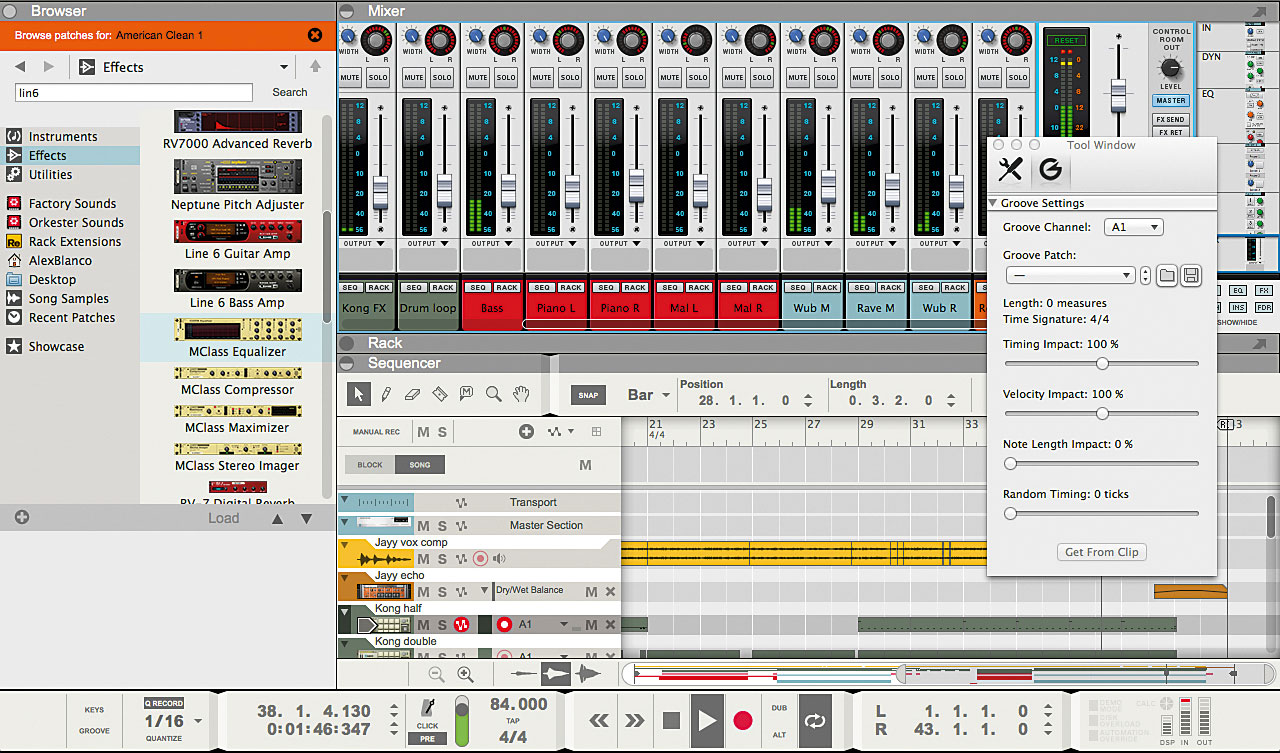
Propellerhead Software Reason 8
“I got into music production in high school where they had a course called Music and Computers. The software we got to learn was the Swedish program Reason, and coming from a rock band background, I fell in love with the 'analogue' concept which I felt somewhat familiar with.
“It’s a bit of a challenge to use this program as it doesn’t have any plugin support, but the sounds and devices in the program are very strong and it integrates well with other software. I also use Ableton Live for a few specific things like mixtapes and vocal quantizing.”
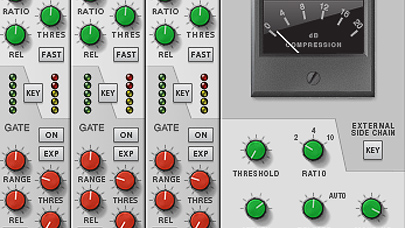
Propellerhead Software Reason Master Bus Compressor
“For a few years I really struggled with mastering. The most essential part of it is compression, in my opinion, which is an art to master. It probably took me around two years to understand how a compressor works and how to use it properly in different situations.
“A big game-changer was when Reason got a big update and a new main mixer, which was inspired by the famous SSL mixer. Ever since I got the update I’ve used the SSL-inspired master compressor on everything.”
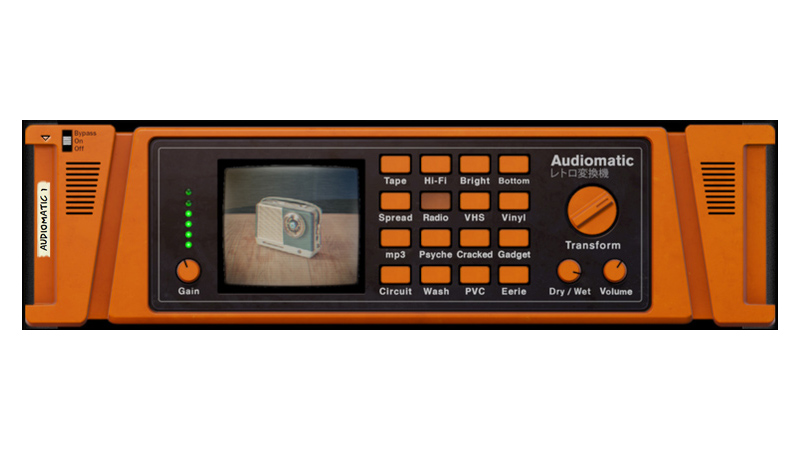
Propellerhead Software Audiomatic Retro Transformer
“I’m a big fan of old-school music in all its forms and there’s something about the vintage sound that really appeals to me. This device is amazing because it can make the most plastic and cheap digital tones sound like they are from old vintage equipment!
“I use this effect on pretty much every instrument in a project. You don’t need much to just add a little bit of depth, texture and warmth to something.”
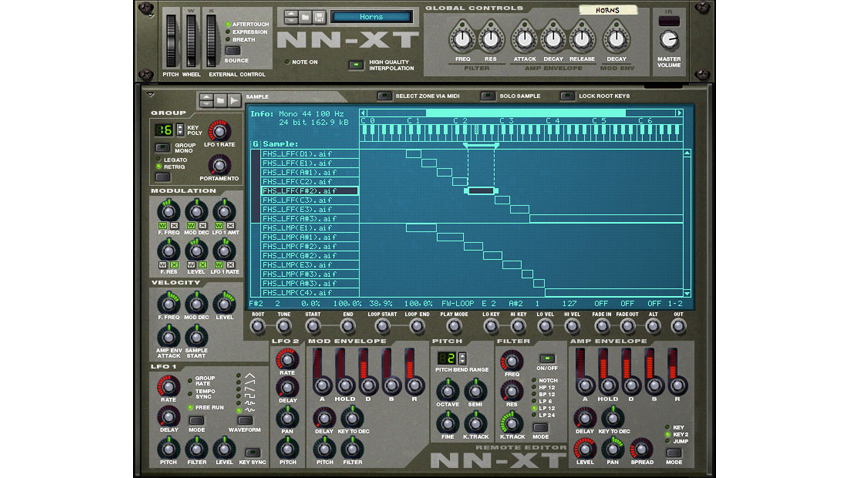
Propellerhead Software NN-XT Advanced Sampler
“This my most used instrument overall. It’s basically a sampler-synth that you can add whatever sound you want to, and I wouldn’t survive without it! It basically gives Reason the versatility it needs to work in this day and age, and even Reason’s own sounds in it are golden.
“There are loads of sample libraries out there with old synth sounds and most of them can be integrated with the NN-XT. My latest single Fast Car was mostly made with lots of layers of this device.”
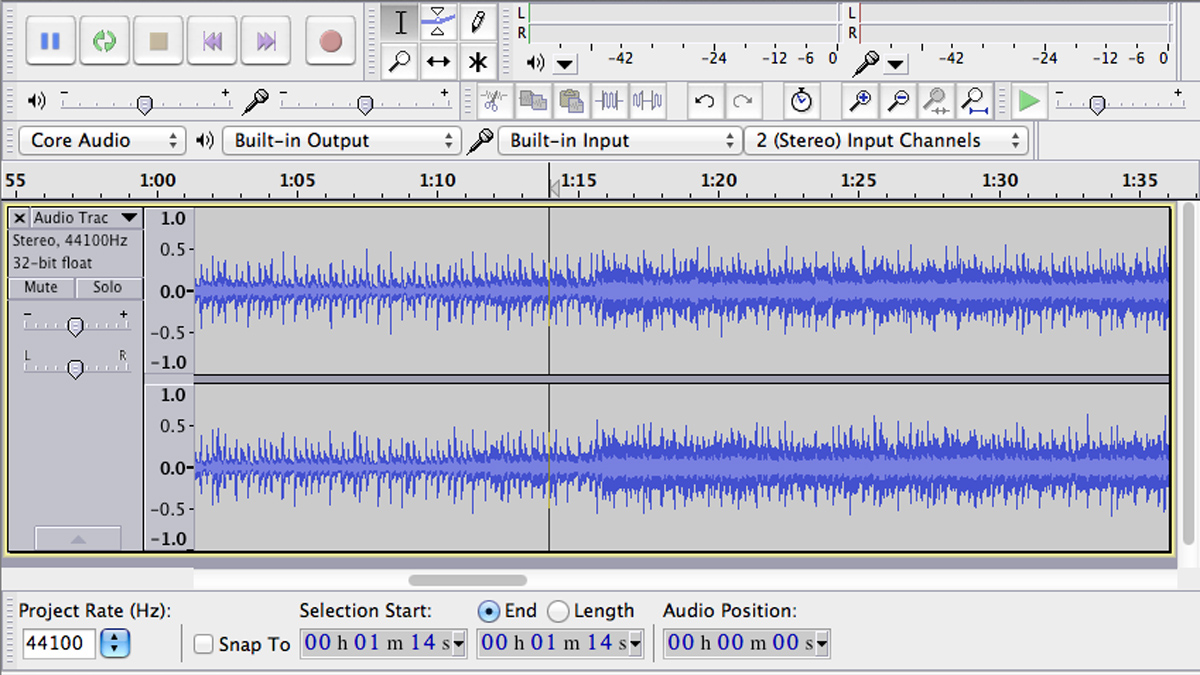
Audacity
“I don’t really know why I have to use this very simple program, but somehow I always seem to use if for various things. I got used to analysing waveforms in Audacity ages ago, as well as doing final bounces to MP3 etc in it. To be fair, it’s a very good program for simpler tasks like small vocal recordings or sampling an old record. I simply love it.”

I’m the Deputy Editor of MusicRadar, having worked on the site since its launch in 2007. I previously spent eight years working on our sister magazine, Computer Music. I’ve been playing the piano, gigging in bands and failing to finish tracks at home for more than 30 years, 24 of which I’ve also spent writing about music and the ever-changing technology used to make it.